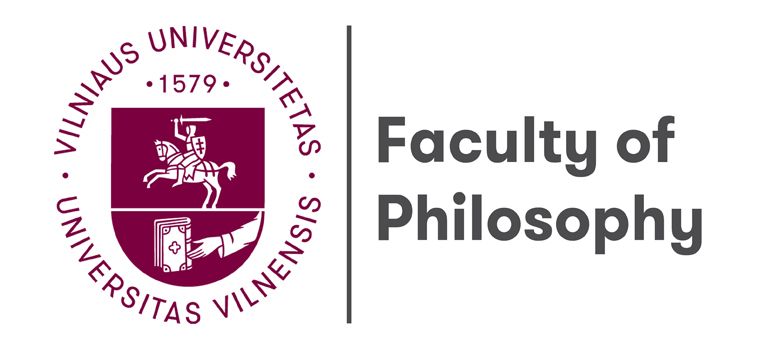Contemporary Western discourse on freedom and choice – some of the most championed modern values – is usually anchored in the concept cluster of free will and autonomous choice. In turn, academic research on free will in philosophy (including experimental philosophy) and psychology is largely based on a limited conceptual framework with roots in particular debates in Christianity and European philosophy. This framework is currently challenged by multidisciplinary and interdisciplinary approaches applied in the fields of area and Asian studies, comparative philosophy, and also empirical research in cross-cultural psychology, and anthropology. One reason for this challenge is that the dominant Western academic approach, with its almost exclusive focus on concepts of free will and causal determinism, neglects the multitude of non-Western cultural traditions. In most parts of the world, these traditions continue to shape everyday practices and conceptualizations of free action, choice, and decision. Traditions also provide various strategies for navigating the constraints on human agency.
In the present multidisciplinary and interdisciplinary conference, we invite scholars from philosophy, psychology, anthropology, Asian studies, religious studies and other related fields to discuss theoretical alternatives to the dominant framework that are sensitive to cultural differences and local contexts as well as empirical research - especially cross-cultural and cross-linguistic – on conceptualizations of free and constrained action and cultural practices in dealing with these constraints.
Questions offered for the conference include (but are not limited to) the following:
• Can fruitful alternative conceptual frameworks be provided by local intellectual traditions?
• What kinds of specific experiences and conceptualizations of free and constrained action do we find in non-Western cultural traditions?
• What cultural models and conceptual resources shape people’s experience of personal events?
• To what extent do we feel that we are free in our actions and to what extent are our actions determined? If so, by what: Fate? Destiny? Luck? Deities? Karma? Societal duties and obligations?
• What role do different cultural traditions ascribe to such factors as luck and chance in everyday life?
• What are the cognitive and social functions of belief in destiny and fate?
• To what, if any, extent are concepts of fate, destiny and luck universal and/or culturally local? How are these concepts embedded in everyday social practices and religious rituals?
• How is the multitude of divination practices related to and grounded in various conceptions of destiny and human activity?
• How are theoretical conceptualizations of free choice applied in indigenous psychologies and cultural psychiatry?
Suggested keywords: free will, determinism, fate, fortune, luck, choice, chance, karma, predestination and divine foreknowledge, supernatural agency, divination, astrology and prediction, luck rituals, teleology.
We invite presentations that deal with these topics on any of the three levels:
A. Descriptions of practices and belief systems related to the given keywords, both historical and ethnographic.
B. Psychological and other empirical approaches to free and constrained action.
C. Broader theoretical reflections on cultural conceptualizations of freedom and constraints in philosophy, religious studies, and other disciplines.
Host:
The conference is organized at the Faculty of Philosophy (Vilnius University), an institution of a highly interdisciplinary and transcultural orientation. The Faculty consists of 5 research institutes: Institute of Philosophy, Institute of Psychology, Institute of Sociology and Social Work, Institute of Educational Sciences, and Institute of Asian and Transcultural Studies. This unique structure not only equips its researchers with a robust methodological basis in a number of key disciplines of humanities and social sciences, but also provides a geographical breadth and cultural variety to their academic interests. Echoing this structure, the conference seeks to rally scholars from a wide range of disciplinary and/or methodological approaches investigating a wide range of questions related to freedom and constraints on human attitudes and actions across historical and cultural boundaries.
The organising committee:
Audrius Beinorius (Vilnius University, Institute of Asian and Transcultural Studies; Chair)
Renatas Berniūnas (Vilnius University, Institute of Psychology)
Vilius Dranseika (Vilnius University, Institute of Philosophy)
Vytis Silius (Sun Yat-sen University and Vilnius University, Institute of Asian and Transcultural Studies)
Paulius Rimkevičius (Vilnius University, Institute of Asian and Transcultural Studies)
Agnė Veisaitė (City University of Hong Kong)

